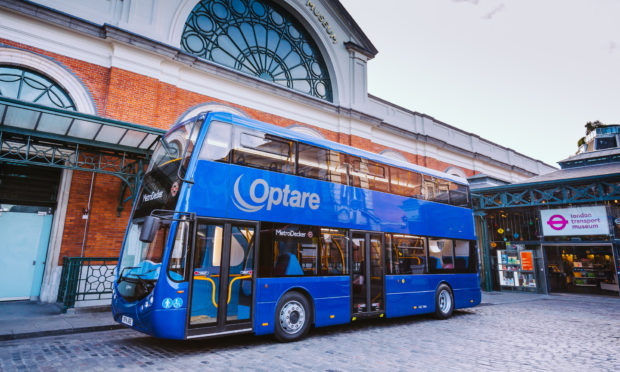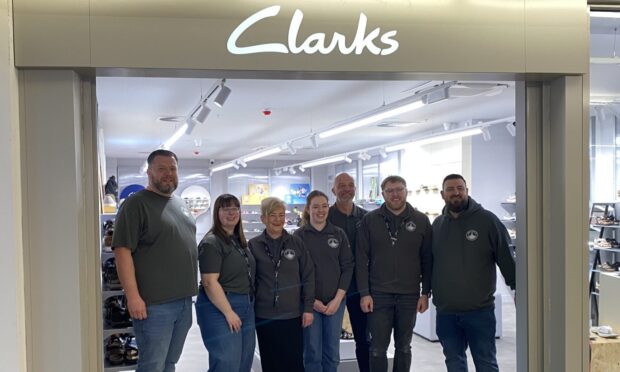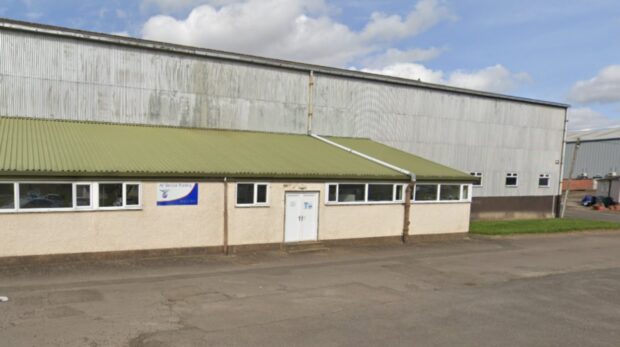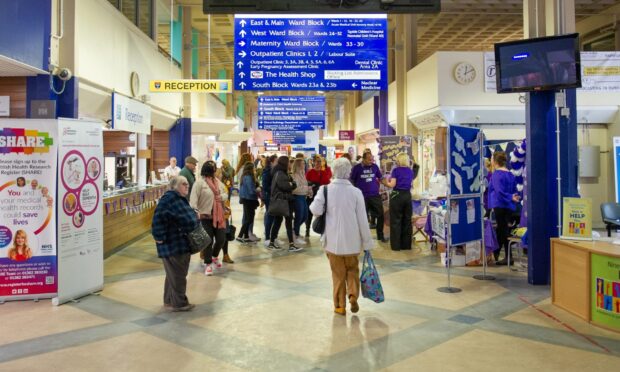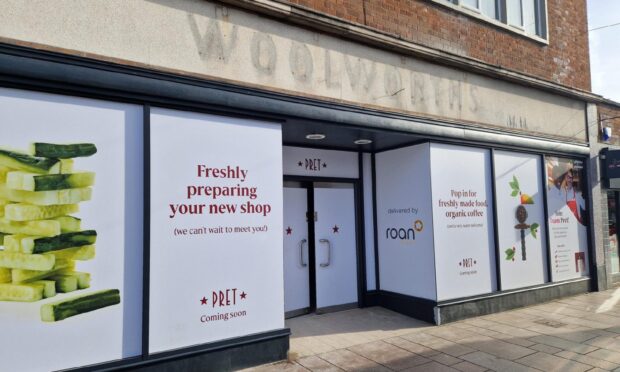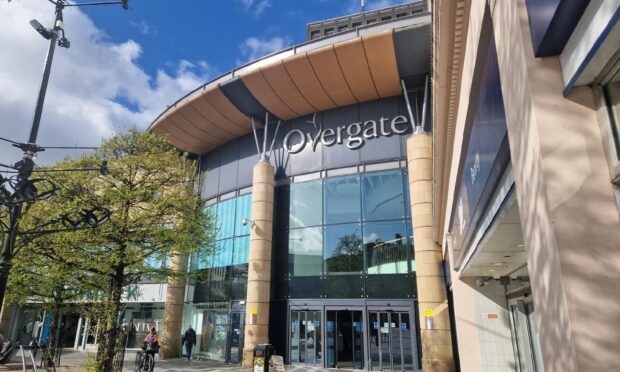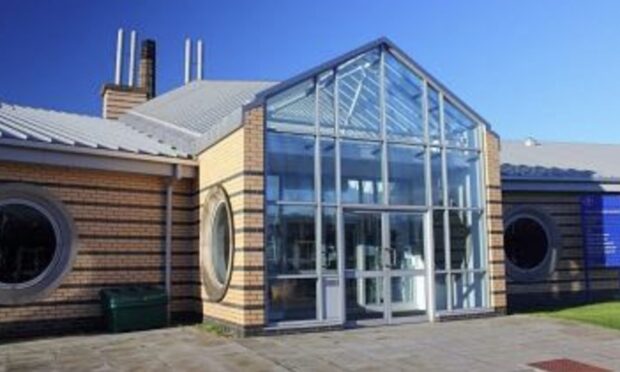Hydrogen fuel cells set to be manufactured in Dundee’s Michelin Scotland Innovation Parc (MSIP) will be used in a fleet of double deck buses using cutting edge technology.
The Metrodecker H2, launched by Arcola Energy and Optare Group, are destined for domestic and international markets and are scheduled to enter service in 2021.
Plans are well advanced for the Arcola Energy facility in Dundee to begin production of the fuel cells – a move which is estimated will create around 30 jobs at the Baldovie site, while the base vehicles will be serially produced at Optare’s factory near Leeds.
The hydrogen fuel cell powertrain in the Metrodecker H2 is part of a family of products developed by Arcola Energy over the past 10 years for a wide range of uses including lightweight cars, trucks, refuse collection vehicles, off-highway vehicles, buses and trains.
The manufacturers say Hydrogen fuel cell buses offer a zero-emission “drop-in” replacement for diesel buses.
Dr Ben Todd, CEO of Arcola Energy, said: “Our partnership with Optare is an important step forward, not just for Arcola Energy, but for hydrogen fuel cell vehicle deployment in the UK.
“The innovative structural design of Optare buses makes them ideally suited to housing zero emission power trains and, most importantly, to producing buses which we believe will be the safest, most efficient and easiest to maintain in their class.”
Hydrogen and fuel cell systems will be built by Arcola Energy at their existing Liverpool manufacturing facility as it finalises plans for a second facility at the former Michelin tyre factory in Dundee.
The hydrogen fuel cells will give the buses a range of between 200 and 250 miles depending on the route.
jimillar@thecourier.co.uk
